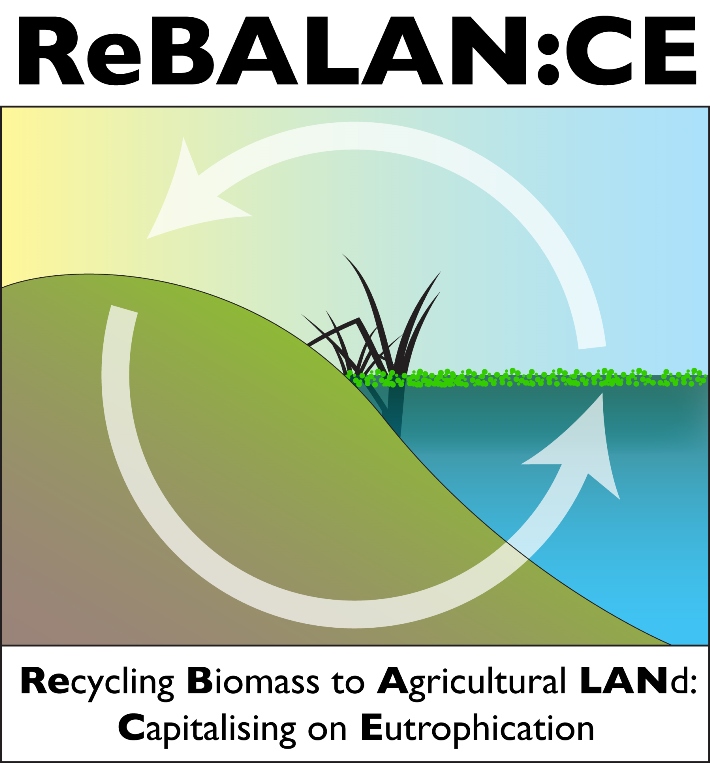
The University of Stirling is to lead a new project to develop a strategy for using nutrient-rich aquatic biomass waste – from ponds, wetlands and other water-bodies – in farming, as an environmentally sustainable alternative to synthetic fertiliser.
The project, entitled ReBALAN:CE (Recycling Biomass to Agricultural LANd: Capitalising on Eutrophication) is being funded by the Natural Environment Research Council. The six month catalyst grant will enable the team – which includes researchers from Bangor University and the James Hutton Institute – to identify pressing research needs and priorities in the area of resource recovery from waste.
The project’s lead investigator, Dr David Oliver from Stirling’s School of Natural Sciences says: “The project will scope out the risks and benefits of recycling aquatic plant and algal biomass back to agricultural land. In this way it will contribute to a shift in current conceptualisation of 'waste' management – to redress the current imbalance – whereby too much focus is placed on the economic benefits.
“In a wider context, effective and sustainable waste management must take account of the often unquantified and uncertain trade-offs for managing wastes across the environment. For example, whilst recovering nutrients from aquatic plant and algal biomass makes economic sense because of the soaring costs of fertiliser, this is only one part of a complex socio-economic-ecological system.
“We need to combine economics with the safeguarding of human health and protection of key ecosystem services, such as the provision of clean and safe recreational and drinking water. We also need to appreciate the social and political barriers that may hinder or promote efficient nutrient recovery from this 'waste' by-product.”
The project team is tasked with framing some important emerging questions that will need innovative science and integrated solutions for 2020 and beyond.
Dr Richard Quilliam, Project Co-Investigator and Lecturer in Environmental Biology at the University of Stirling, says: “By 2050 there are predicted to be shortages in the global supply of essential minerals used in synthetic fertilisers.
“The use of aquatic plant and algal biomass therefore provides a significant waste source to target for recovery and re-use – in order to ‘close the loop’ on nutrient transfers from land to water.”
He adds: “The potential role for aquatic plant and algal biomass to be made into biochar – a type of charcoal used to enhance soil productivity – as a novel approach to re-cycle nutrients, is another dimension of resource recovery from waste by-products that might deliver multiple benefits for wider society.”
Dr Oliver believes there are a number of additional policy-related dimensions to debate, including whether recycled biomass material should be reclassified as non-waste in terms of regulation and licensing.
“By pooling the cross-disciplinary expertise assembled in this project, we will identify where improvements in fundamental understanding are necessary. This will enable us to deliver step changes in 'waste' management for environmental benefits and help refine regulatory policy and practice to support this.”
- The project will bring together an interdisciplinary team of experts from across academic, policy and stakeholder organisations.
- It will facilitate knowledge exchange by cutting across traditional academic disciplines and integrating economic, social, environmental and health-related dimensions.
- At the end of the catalyst project, the team aims to take forward the emerging research priorities within a larger programme of work.
- The ReBALAN:CE research team has launched a new website, http://www.rebalance.stir.ac.uk/, which will provide updates on the progress of this catalyst project.
